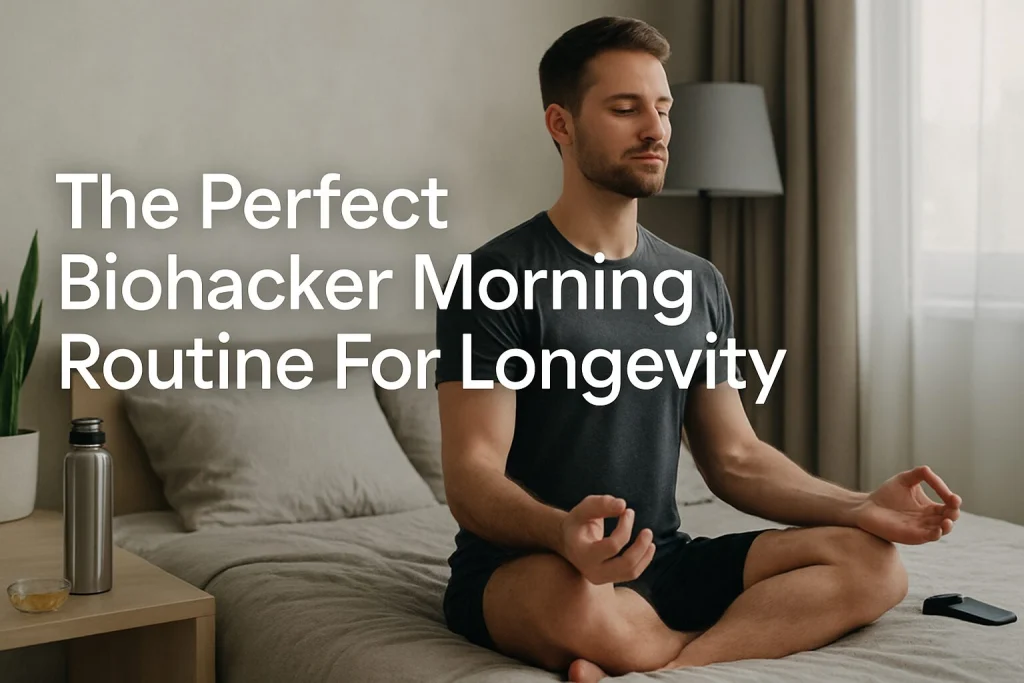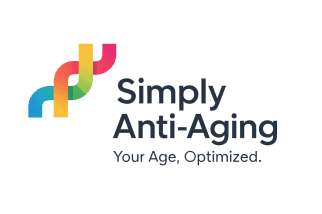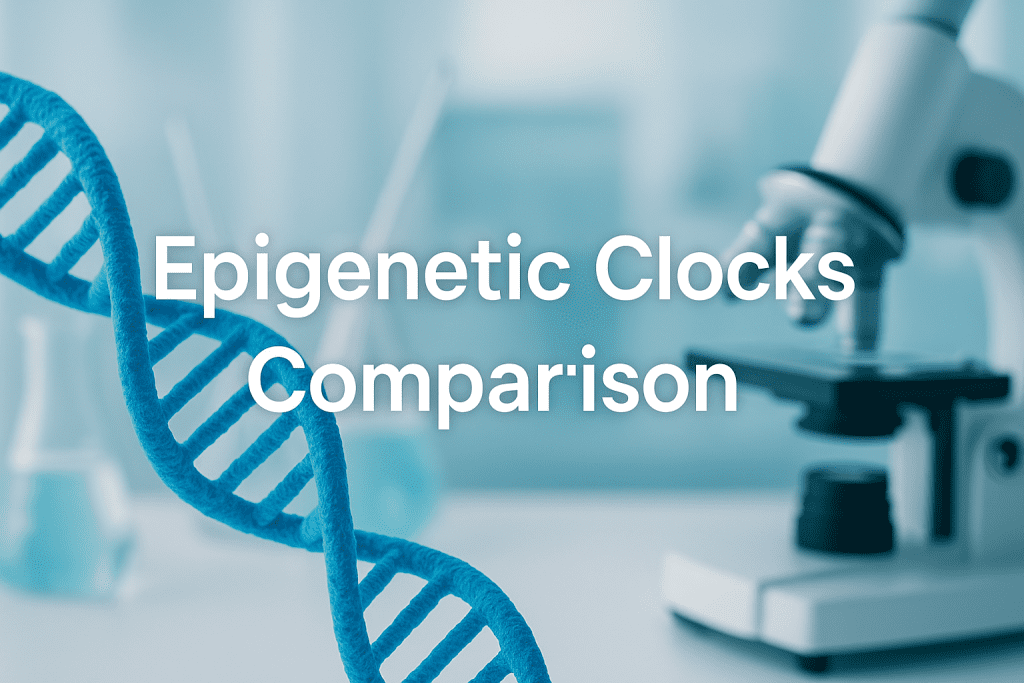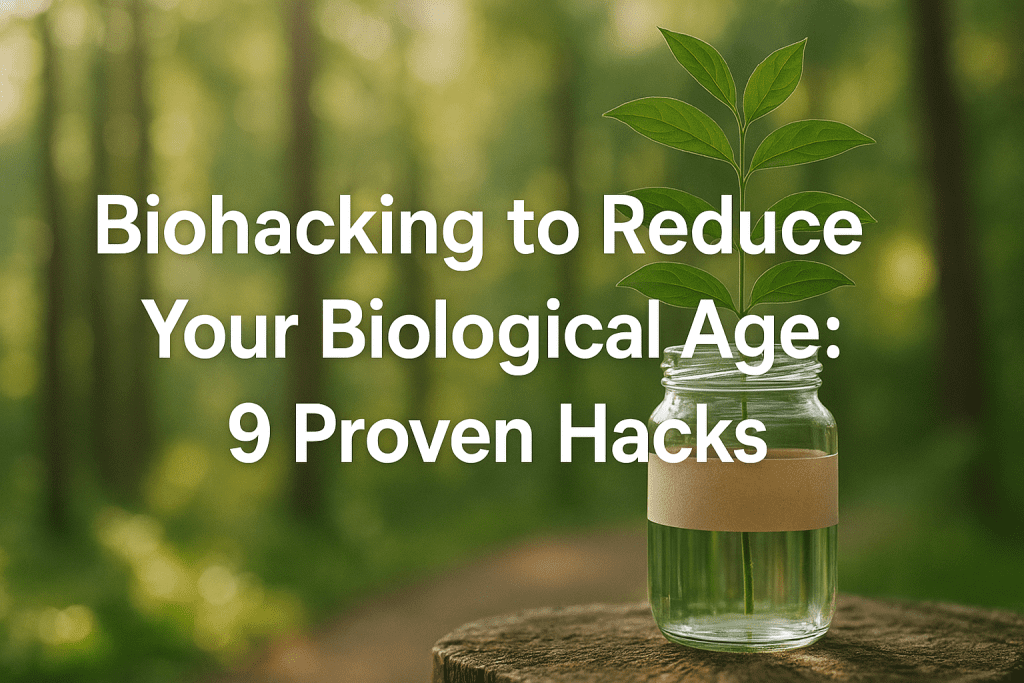
Most people wake up the wrong way. They hit snooze, grab their phone, drink coffee too fast, and wonder why they feel stressed, tired, or distracted all day. A biohacker morning routine flips that pattern. It is about working with your biology instead of against it, setting up your brain and body for sharper focus, stable energy, and a longer life.
Your first hour after waking is powerful. It programs your hormones, your nervous system, and even how your cells use energy. Small tweaks in this window can influence how fast you age.
Why Mornings Matter for Longevity
Your circadian rhythm, the body’s internal clock, regulates hormones, metabolism, and repair processes. Morning light, movement, and habits directly set this rhythm. When your mornings are chaotic, your circadian system gets confused. The result is grogginess, poor concentration, cravings, and faster aging.
Studies show that consistent morning habits improve sleep quality, lower stress, and reduce chronic disease risk. In other words, the way you start your day influences how long and how well you live.
This is where the biohacker morning routine comes in.
9 Morning Hacks That Rewire Your Day
☀️ Wake up with light
Sunlight is the most powerful signal for your circadian rhythm. Natural light shuts down melatonin, the sleep hormone, and raises cortisol, the natural wake-up hormone. Without it, your body stays in sleep mode. Direct sun exposure can be hundreds of times stronger than indoor lighting, making it the ultimate reset.
⏰ Get up on the first alarm
Snoozing tricks your brain into starting a new sleep cycle it cannot finish. That creates sleep inertia, a state of mental fog that can last up to 4 hours. Getting up at the first alarm trains your nervous system to wake cleanly and keeps your day sharper.
📵 Stay offline at first
Your brain is most impressionable in the morning. Checking email or social media hands your focus to other people’s priorities. Instead, journaling or setting intentions keeps you in control. Even writing down three tasks you want to accomplish can change how the day unfolds.
💧 Hydrate before caffeine
During sleep you lose about half a liter of water through breathing. That makes your blood thicker and lowers energy. Drinking water with a pinch of salt and a squeeze of lemon restores hydration and balances electrolytes. This is a gentler wake-up than rushing straight to coffee.
🧘 Meditate or breathe
Five minutes of slow breathing or meditation lowers cortisol, improves oxygen flow, and resets your nervous system. Practices like box breathing or alternate nostril breathing activate the parasympathetic system, the part of your body responsible for calm focus.
🎥 Visualize your day
The brain does not fully distinguish between imagined success and real success. Visualization activates the same neural pathways as actual practice. Athletes use it to prepare for performance. Biohackers use it to program their brain for better decisions.
🧍 Stretch or move
Gentle mobility, yoga, or a few pushups boost circulation and wake up stiff joints. The goal is not to work out hard but to prime the body for the day. Think of it as charging your nervous system instead of draining it.
🛏 Reset your environment
Making your bed and tidying your space is not just cosmetic. It creates a small win, which triggers a dopamine release. That success loop makes it easier to tackle harder tasks later. Studies show people who make their bed are more productive and feel more in control.
❄️ Try cold exposure
Cold showers or even splashing your face can raise dopamine levels by up to 250 percent. Unlike caffeine, the effect can last for hours without a crash. Cold also improves circulation and trains your body to handle stress more efficiently.
The Optimized 1-Hour Biohacker Morning Routine
Here is how you can combine all nine hacks into a single seamless hour:
- 0:00–0:05: Wake with light, drink water with lemon and salt
- 0:05–0:10: Stretch or light mobility
- 0:10–0:20: Meditation or breathwork
- 0:20–0:25: Journaling, gratitude, or visualization
- 0:25–0:40: Cold shower, or contrast shower with warm and cold
- 0:40–0:55: Light movement such as yoga flow, jog, or bodyweight circuit
- 0:55–1:00: Make your bed and tidy your space
After this routine, enjoy your first coffee. By then your cortisol peak has already given you a natural lift, so the caffeine feels cleaner and smoother.
A Short Version: What if You Do Not Have One Hour?
Life is busy. Even twenty minutes can still reprogram your day:
- 2 minutes of sunlight and hydration
- 3 minutes of stretching
- 5 minutes of breathwork
- 5 minutes of cold shower
- 5 minutes to make your bed and set one intention
That is enough to align your biology before breakfast.
How These Habits Influence Aging
This is not just about productivity. Each habit ties directly to markers of biological aging:
- Light exposure balances circadian rhythm, which protects DNA repair.
- Hydration supports blood flow and energy metabolism.
- Breathwork lowers inflammation by reducing stress hormones.
- Cold exposure triggers hormesis, the process where mild stress strengthens the body.
- Small wins like making the bed reinforce dopamine, the motivation chemical, linked to healthy brain aging.
Morning habits affect the same systems measured in epigenetic clocks. That means the routine you follow can literally change how old your biology feels.
I Am Not a Biohacker
You do not need supplements, expensive gear, or special trackers to do this. A biohacker morning routine is about using free tools that align with your body’s natural rhythms. Light, water, breath, and movement are all accessible. Anyone can test these habits and feel the difference in a week.
FAQ
What is a biohacker morning routine?
A biohacker morning routine is a structured way to start the day using science-based habits such as light, hydration, and breathwork. The goal is to optimize energy, focus, and long-term health.
Do cold showers really boost dopamine?
Yes. Research shows cold exposure can raise dopamine levels significantly, and the effect can last hours, longer than coffee.
How does hydration affect longevity?
Dehydration thickens the blood, strains the heart, and increases stress hormones. Morning hydration supports cardiovascular health and reduces fatigue, which are linked to slower aging.
Can meditation in the morning improve aging markers?
Meditation lowers cortisol and inflammation, both of which are associated with accelerated aging. Regular practice improves resilience and may positively influence biological age.
Is one hour necessary for results?
No. Even 20 minutes with light, hydration, movement, and breathwork provides measurable benefits. More time allows stacking habits, but shorter routines still help.
Does making the bed really matter?
Yes. Small tasks like making the bed create a dopamine loop. That builds motivation and discipline, which influence long-term habits tied to health and aging.
What is the connection between circadian rhythm and longevity?
Circadian rhythm controls repair processes, hormone balance, and metabolism. When aligned, it reduces chronic disease risk. Disrupted rhythms are linked to faster aging.
How can I test if these habits are working for me?
You can track energy and focus daily, but the most objective way is through biological age testing. Tools like TruAge or NOVOS measure DNA methylation to see how your lifestyle changes affect your body.
Morning Habits and Biological Age
If you are serious about longevity, start with your mornings. And if you want to know how much impact these habits are having, measure your biological age. It is the most reliable way to see if your daily wins are paying off in the long run.
🧬 Share this with someone who snoozes their alarm too often. Better mornings mean better years.
Created by SimplyAntiAging.com’s Editorial Research Team
Reviewed and updated for accuracy in January 2026.



